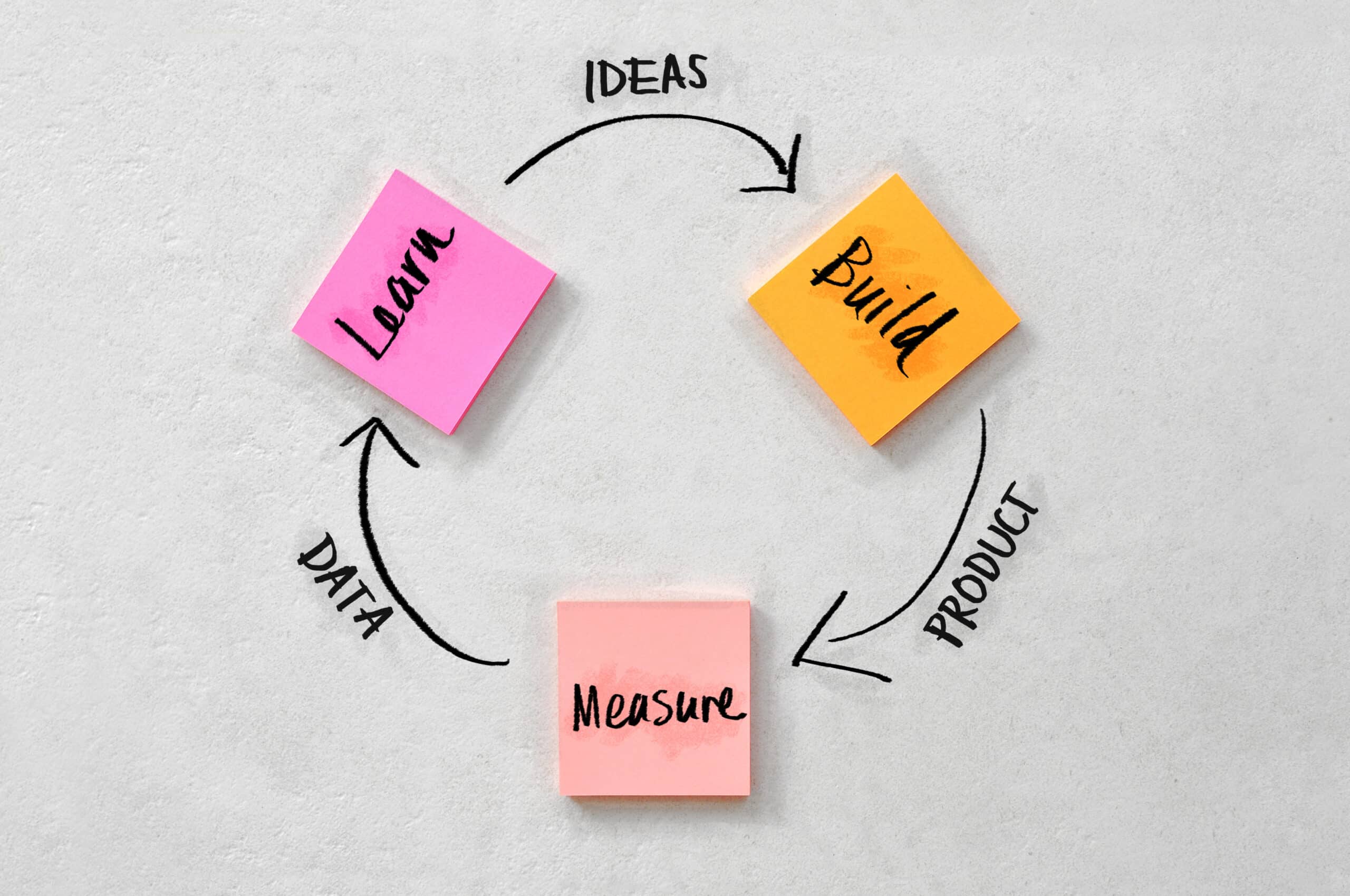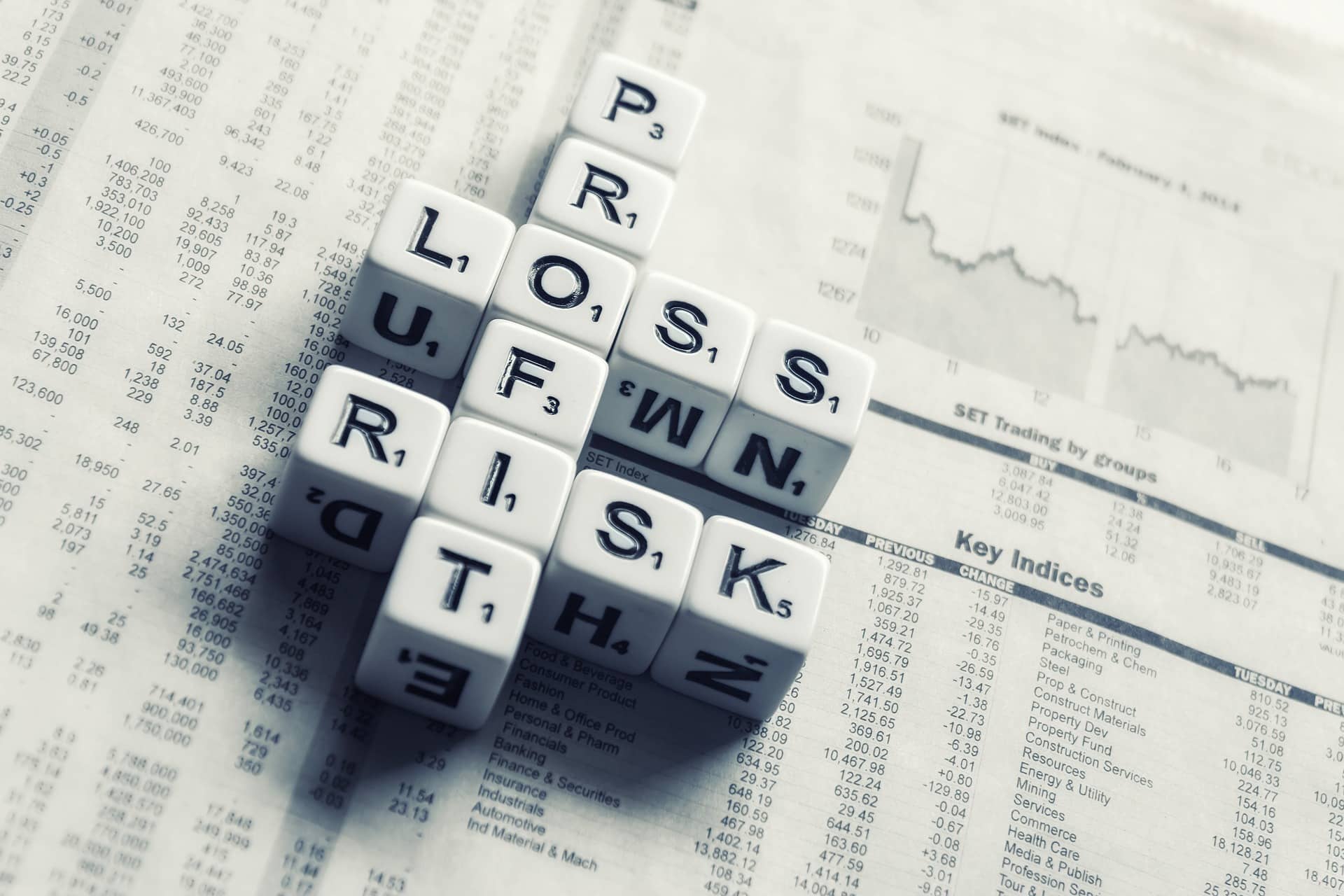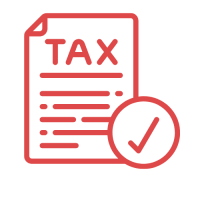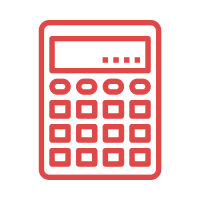Australia’s superannuation laws intend to ensure that your nest egg for retirement is protected and can continue to grow throughout a person’s career. However, up to a quarter of Australian workers may have been underpaid or had unpaid super.
Your employer must make contributions to your superannuation by law as a part of your wages and salary package. The employer pays your Superannuation Guarantee (SG) quarterly. The current rate for the SG is 10% in 2021-22.
During these turbulent times of financial insecurity or instability, employers may have found it challenging to prioritise making SG contributions. The reporting obligations and quarterly payment schedules could result in them not meeting their SG obligations in a timely fashion.
There is a rising issue occurring from superannuation laws that employers may be ignoring. The outcome of this could significantly affect an employees’ retirement outcomes.
The Government recently offered an amnesty to employers to catch up on their superannuation guarantee obligations. However, it appears that many are still not complying with the rules.
The Effect Of Unpaid Super
According to Industry Super Australia (ISA), unpaid superannuation costs almost 3 million Australian workers an average of $1,700 each year. Some of the more common occupations in which unpaid and underpaid super include those in the hospitality and trades sectors. Unpaid and underpaid super occurs more frequently with young and lower-income employees.
If this were to happen to you, the shortfall dealt to your retirement income can be a significant detriment that could affect you significantly. For example, if you work for 30 years with the same employer with whom you suffered this superannuation loss, you could lose out on up to $50,000 in superannuation.
There are minimal circumstances in which an employer does not have to pay super contributions to their employees due to their eligibility. These instances may include if:
- You are an employee who is a non-resident in a Joint Petroleum Development Area (JPDA)
- You are an employee who is a non-resident who performs work completed outside of Australia
- An employee under the Community Development Employment Program (CDEP)
- the work that you are conducting is of a domestic or private nature, and you do not work more than 30 hours a week
- you are under 18 years of age and are not working more than 30 hours a week
- you are paid less than $450 before tax in a calendar month.
What To Do If You Have Unpaid Super
Suppose you are not receiving superannuation contributions from your employer, but you do not fall under those circumstances mentioned above. In that case, you may be one of the 3 million Australians who are losing out.
If you are in this position, then you need to take action as soon as possible.
The Australian Taxation Office can become involved with the reclamation of underpaid super contributions by employers.
If your employer is not doing the right thing, you can:
- Report unpaid super contributions to the ATO after the lodgement due date for super contributions.
- You will need to provide your personal information (including your Tax File Number), the period you are checking and your employer’s details (including their ABN).
Under current law, if your employer misses an SG payment or doesn’t pay by the lodgement deadline, they are required to lodge an SG charge statement and pay a late fee.
If you are concerned that you may have underpaid or unpaid super, then please feel free to organise a time to discuss this further.













